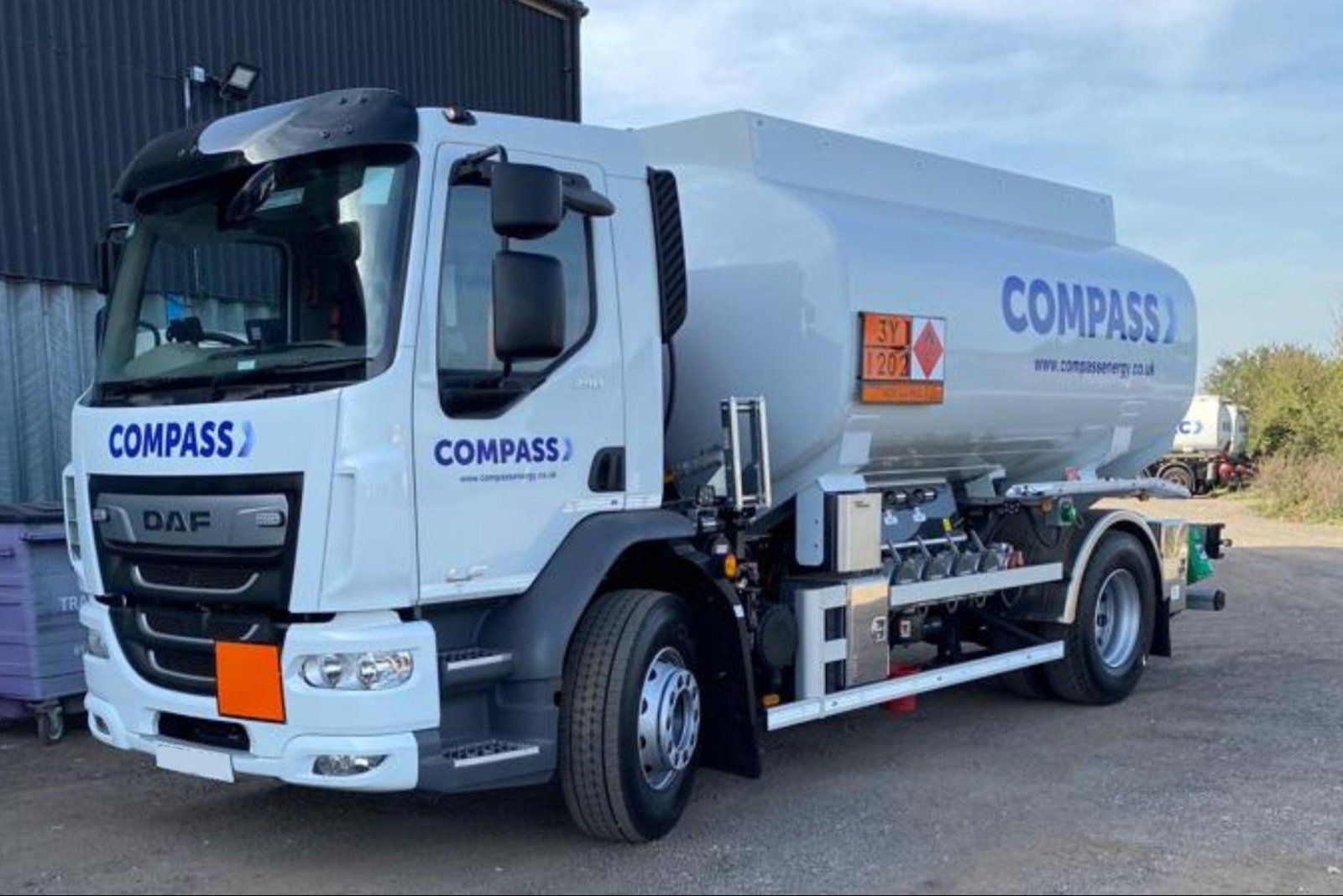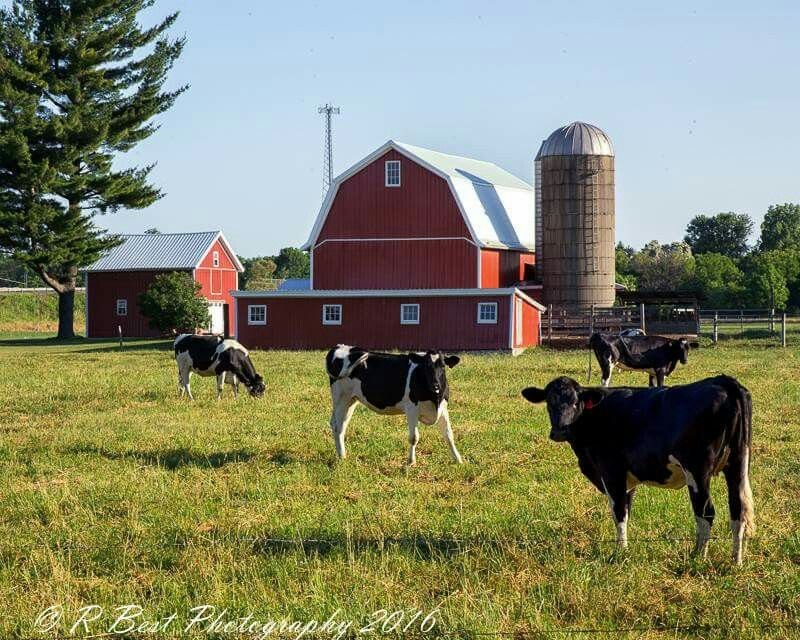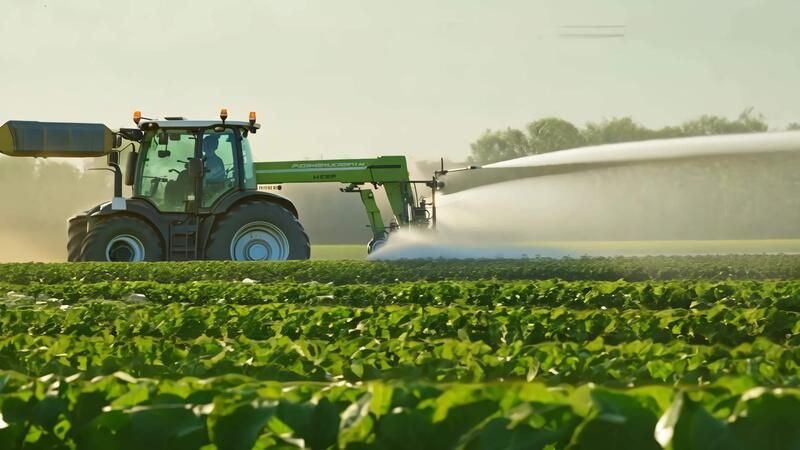In today’s highly mechanized farming landscape, diesel fuel is as critical to a farm as seeds, soil, or water. Tractors, harvesters, irrigation pumps, and other heavy equipment all depend on a reliable source of diesel to perform their duties effectively. Agricultural diesel suppliers serve as vital partners in the industry, ensuring farms remain operational, efficient, and profitable through dependable fuel delivery and support services.
What Is Agricultural Diesel?
Agricultural diesel—commonly referred to as red diesel in the UK—is a low-tax fuel used exclusively for off-road machinery and equipment in agriculture, horticulture, and forestry. It is dyed red to differentiate it from standard white diesel (road diesel), which is taxed at a higher rate and used in on-road vehicles.
Though chemically similar to road diesel, red diesel is strictly regulated. In most countries, including the UK, its use is permitted only in specific machinery used for non-road applications. Misuse—such as using red diesel in road vehicles—can result in severe penalties.
The Importance of Agricultural Diesel
Farming is time-sensitive and heavily dependent on machinery. Any delay in operations due to fuel shortages can lead to financial losses, crop damage, or missed seasonal opportunities. Reliable access to high-quality diesel is critical for the following operations:
- Field preparation and planting
- Crop maintenance and spraying
- Harvesting and transporting produce
- Irrigation systems and pumps
- Standby generators for power backup
Diesel provides the torque and durability needed for heavy-duty farm work, making it the preferred fuel for agricultural machinery.
What Agricultural Diesel Suppliers Offer
A trusted agricultural diesel supplier offers more than just fuel. They provide an end-to-end service tailored to the unique requirements of farming operations, including:
1. Bulk Diesel Delivery
Most farms require large volumes of diesel during busy seasons. Suppliers offer scheduled or on-demand bulk fuel delivery, ensuring a continuous supply without frequent trips to the fuel depot. Many offer flexible delivery schedules, including emergency refueling during peak times.
2. On-Site Fuel Storage
Suppliers often assist in setting up fuel storage tanks that comply with legal and environmental standards. Options include bunded tanks (double-walled for spill prevention), mobile fuel bowsers, and automated tank monitoring systems.
3. Fuel Management Services
Modern suppliers help farmers monitor and manage fuel usage through digital tracking tools. These systems improve efficiency, reduce waste, and help forecast future fuel requirements.
4. Fuel Additives and Treatments
Diesel quality can degrade over time, especially in cold climates or during storage. Suppliers provide fuel additives that prevent gelling, improve combustion, and maintain fuel purity—helping protect valuable machinery.
How to Choose the Right Diesel Supplier
Selecting the right diesel supplier is a strategic decision for any farm. Here are key factors to consider:
- Geographic Coverage: Can they deliver reliably to your farm’s location, especially in rural or remote areas?
- Product Range: Do they offer red diesel, HVO, lubricants, and other necessary products?
- Delivery Speed and Reliability: Are they known for prompt, dependable service?
- Pricing and Contracts: Do they offer competitive rates and flexible payment or fixed-price contracts?
- Customer Support: Is technical and regulatory support readily available?
- Sustainability: Do they offer environmentally friendly fuel alternatives and disposal services?
Leading UK suppliers such as Certas Energy, Crown Oil, Watson Fuels, and Rix Petroleum have long-standing reputations for serving agricultural clients with tailored fuel solutions and superior service.
The Rise of Sustainable Alternatives: HVO Fuel
As the farming industry faces increasing pressure to reduce emissions, many diesel suppliers are introducing HVO (Hydrotreated Vegetable Oil)—a renewable, cleaner-burning alternative to red diesel.
HVO offers several benefits:
- Up to 90% reduction in net CO₂ emissions
- Compatible with most modern diesel engines
- Longer shelf life and better cold-weather performance
- No FAME content, reducing microbial growth in storage
While HVO is more expensive than traditional red diesel, its environmental benefits and long-term sustainability are gaining traction among forward-thinking farms.
Legal and Environmental Compliance
Fuel use in agriculture is subject to regulations such as the Control of Pollution (Oil Storage) Regulations 2001 in the UK. Agricultural diesel suppliers often provide support in complying with storage, handling, and environmental safety standards.
They can also assist in keeping records for HMRC to verify that red diesel is being used legally and appropriately. This can be critical during audits or inspections.
Conclusion
Agricultural diesel suppliers are indispensable partners in the modern farming ecosystem. From timely delivery of high-quality red diesel to fuel storage, management, and sustainability support, they provide the infrastructure that powers food production and agricultural efficiency.
As agriculture continues to evolve and adopt greener technologies, suppliers that offer flexible, compliant, and environmentally conscious fuel solutions will become even more valuable. Choosing the right supplier not only keeps your machines running—it helps build a more resilient and sustainable farming future.
















Leave a Reply